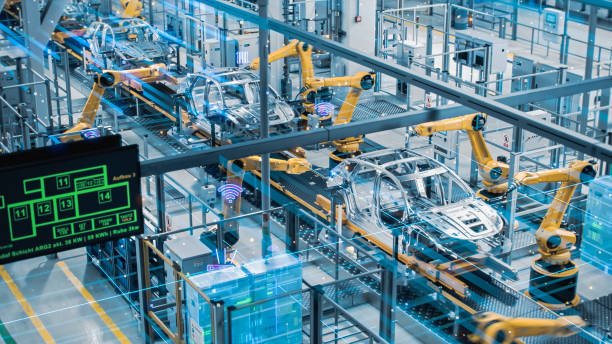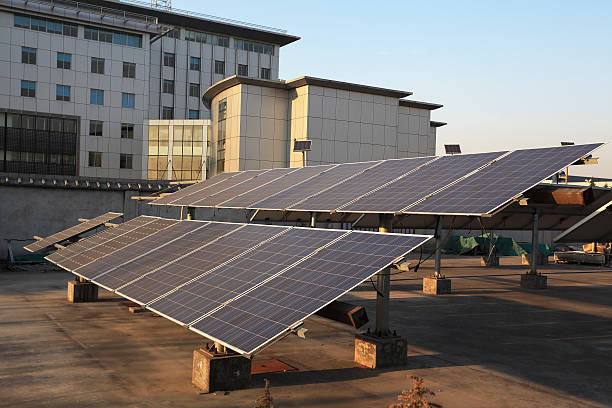Unveiling the Potential of Smart Factories in Modern Industrial Operations
The business world is ever-evolving, and the industrial sector is not an exception. The integration of digital technologies in the industrial operations has brought about a significant shift, leading to the emergence of smart factories. This wave of change has not only revolutionized the manufacturing landscape but has also posed new opportunities and challenges for business leaders.

While the concept of a smart factory isn’t entirely new, it’s undoubtedly been a topic of increasing interest in the industrial sector over the last few years. Industry 4.0, also known as the fourth industrial revolution, has paved the way for this transformation, integrating digital technologies like Big Data, cloud computing, and the Industrial Internet of Things (IIoT) into manufacturing processes. This article delves into the world of smart factories, discussing their impact on modern business and industrial operations and exploring the benefits and challenges they present.
The Advent of Smart Factories
The idea of a smart factory is rooted in the advent of Industry 4.0, a term coined at the Hannover Fair in 2011. Industry 4.0 represents the fourth revolution in manufacturing, following mechanization (Industry 1.0), mass production (Industry 2.0), and automation (Industry 3.0). This latest revolution leverages digital technologies to create a more connected and flexible manufacturing system.
The Benefits of Smart Factories
Smart factories offer a host of benefits that can enhance business and industrial operations.
- Increased Productivity: By leveraging data analytics and automation, smart factories can optimize production processes, reducing downtime and improving efficiency.
- Enhanced Quality Control: Smart factories use advanced monitoring systems to detect and correct defects in real-time, ensuring higher product quality.
- Improved Maintenance: Predictive maintenance, enabled by data analytics, allows for timely equipment repairs, reducing unexpected downtime.
- Greater Flexibility: Smart factories can quickly adapt to changes in demand, allowing for more customized production.
Challenges in Implementing Smart Factories
While smart factories present numerous benefits, implementing them is not without its challenges.
- High Initial Investment: The transformation to a smart factory requires significant upfront investment in digital technologies and infrastructure.
- Cybersecurity Risks: As smart factories rely heavily on digital connectivity, they are vulnerable to cyber-attacks, necessitating robust security measures.
- Skills Gap: Implementing and operating smart factories require specialized skills. Businesses must invest in training or hiring skilled personnel to leverage these technologies effectively.
Practical Insights
- Invest in the Right Technology: Not all technologies are a good fit for every operation. Businesses should carefully evaluate their needs and invest in technologies that align with their operational goals.
- Prioritize Cybersecurity: With increased digital connectivity comes the risk of cyber-attacks. Businesses should prioritize cybersecurity measures to protect their operations.
- Address the Skills Gap: Businesses should invest in training programs to equip their employees with the necessary skills to operate in a smart factory environment.
In conclusion, smart factories present an exciting opportunity for businesses to enhance their operations. However, business leaders must carefully navigate the challenges associated with this transformation to reap the benefits. By investing in the right technologies, prioritizing cybersecurity, and addressing the skills gap, businesses can successfully transition to this new era of manufacturing.






